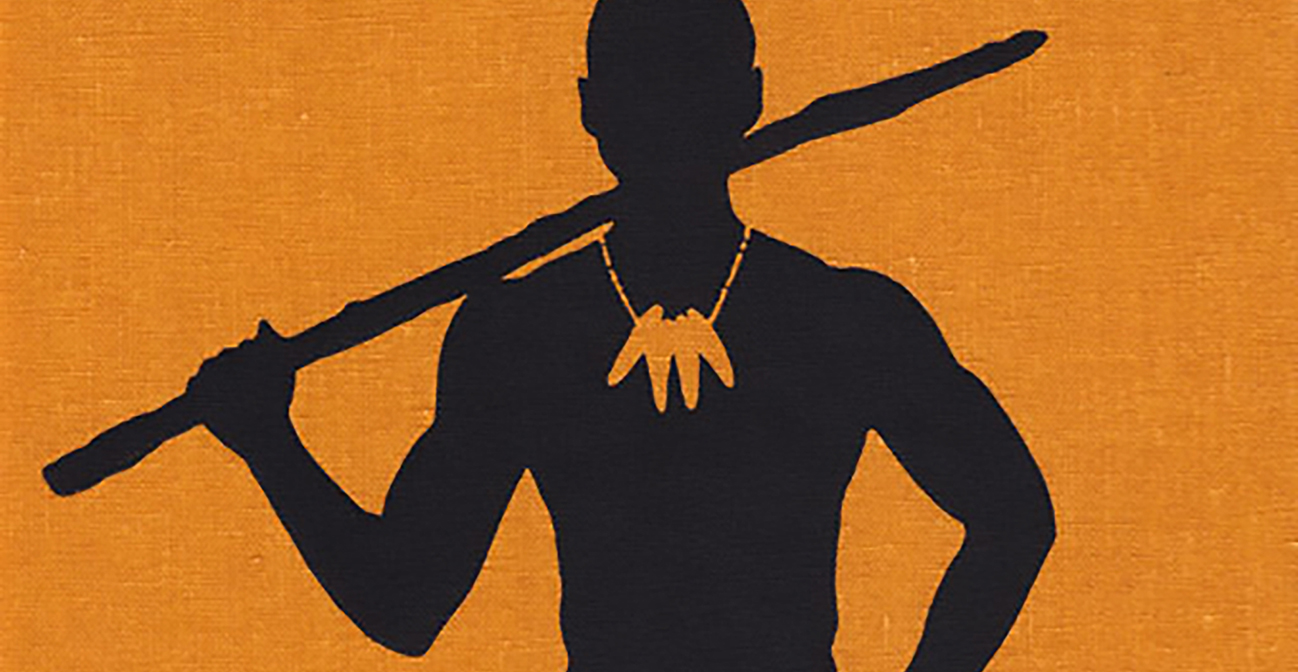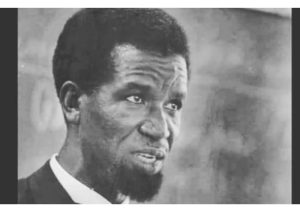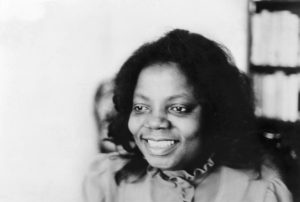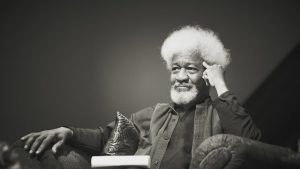One of those novels you find impossible to put down once you take it up is Things Fall Apart by Chinua Achebe. More important, however, is a book you carry with you long after you have turned the final page. Things Fall Apart is a great launching point for young readers—especially those just starting to discover African literature. Along with a gripping narrative, this book provides a glimpse into Africa’s rich culture and history.
Setting the Scene: A Glimpse into Pre-Colonial Nigeria
Things Fall Apart is set in a little community named Umuofia in what is now Nigeria in the late 19th century. The narrative centers on the life of esteemed community fighter and leader Okonkwo. Achebe envelops us from the start in the Igbo people’s universe, in which daily existence revolves around custom, religion, and community.
Though this environment may appear far off from the current world for young readers, it is precisely what makes it so intriguing. Achebe’s rich depictions of village life—including the customs, celebrations, and farming methods—transport us to a period when existence was closely entwined with environment and community. In this world, respect is acquired by diligence, courage, and commitment to tradition as well as by respect of the law derived from the judgments of the elders.
Meet Okonkwo: A Complex Hero
The core of Things Fall Apart is Okonkwo, a figure as multifarious as he is engaging. Deep dread of failure and weakness drives Okonkwo; these attributes he links with his father, Unoka, who was regarded by the people as lethargic and timid. Not wanting to be like his father, Okonkwo puts forth great effort to rank among the most influential men in Umuofia.
Although Okonkwo’s will and strength are commendable, they often make him stiff and harsh—particularly toward his family. He gets enraged quickly, and his fixation on keeping his reputation drives him to make choices with terrible results. Okonkwo is a character who pushes young readers to consider the expense of pride and the perils of letting fear control our behavior.
Using Okonkwo, Achebe investigates issues of masculinity, authority, and custom. Everybody who has ever felt the need to fit into society will find resonance in Okonkwo’s battle to live up to expectations and his dread of being viewed as weak.

The Clash of Cultures: Tradition Meets Colonialism
The way Things Fall Apart depicts the conflict between conventional African culture and the powers of British colonialism is among its most important features. The people of Umuofia confront a great difficulty when European missionaries and colonial authorities start to occupy their land: either adjust to the new methods or fight and hang on to their customs.
This collision of civilizations is where the title of the book, Things Fall Apart, finds application. New faiths, new laws, and new ways of life that challenge Umuofia’s social order arrived with the European immigrants. Once bonded by common values and rituals, the community starts to split as some members embrace Christianity while others stick to their traditional practices.
According to Okonkwo, this cultural invasion is unacceptable. Adoption of the white man’s religion and laws seems to him as a betrayal of what the Igbo people value. But his refusal to change results in isolation and finally his collapse. The narrative of Okonkwo is a potent reflection on the consequences of colonialism for whole civilizations and societies as well as for individuals.
For younger readers, this feature of the book provides a useful lesson on the subtleties of cultural change. It makes us consider how we react to changes in our own lives—that is, whether we welcome them, oppose them, or find a means of combining them with our ideals.
Themes of Fate and Free Will
The conflict between destiny and free choice is yet another significant motif throughout Things Fall Apart. Okonkwo battles his conviction that a man should be the master of his fate throughout the book and faces the truth that certain events are beyond his control. The Igbo conviction in chi, a personal deity or spirit guiding one’s destiny, best illustrates this conflict.
Events that appear to be set by both Okonkwo’s own decisions and the will of the gods define his existence. Whether it’s the whims of the gods, the choices of the tribe, or the certainty of colonialism, Okonkwo is frequently at the mercy of powers more than himself despite his attempts to control his fate.
The issue of destiny against free choice in Things Fall Apart begs serious concerns regarding the degree to which young readers could influence their own lives. It invites us to consider how our decisions and the situation we find ourselves in help to define our destiny.
The Power of Storytelling
Achebe’s deft use of narrative is among the factors that make Things Fall Apart still so powerful. Achebe creates in a very interesting and provocative manner the personal and political, the traditional and the contemporary. His use of proverbs, folk stories, and traditional Igbo knowledge gives the narrative layers of significance and transforms it from being a novel but rather a cultural treasure.
Achebe’s tale also acts as a kind of protest against the colonial narratives that dominated writing during the period. Through narrating Okonkwo and Umuofia from an African viewpoint, Achebe questions the preconceptions and false ideas that have long been spread about Africa and its people.
Things Fall Apart reminds young readers of the ability of narrative to protect culture, question injustice, and link us to our past. It helps us to realize that tales are a necessary means of understanding and negotiating the world, not just enjoyment.
Why Things Fall Apart Matters Today
Readers of all ages still find Things Fall Apart appealing more than sixty years after it was originally published. For young people, nonetheless, the book is especially important. Achebe’s work is a strong declaration of the need to recognize and appreciate one’s background in a society where cultural identities are often diluted or obliterated.
Whether in the face of cultural transformation or personal hardships, Things Fall Apart is also a warning story about the perils of rigidity and intolerance. It inspires young readers to be flexible and open-minded as well as to stick to their ideas and views.
Furthermore, the way the book examines the effects of colonialism provides insightful analysis of the historical and continuous fight for cultural survival and self-determination in Africa and other regions of the planet. It reminds us that history is something that still influences our present and future; it is not just something that occurred before.
Conclusion: Your Journey with Things Fall Apart
You are traveling into the core of African culture and history as you explore Things Fall Apart, not simply reading a book. Achebe’s book invites exploration, challenge, and learning more than it does mere narrative value. Through Okonkwo’s journey, you will come across issues of identity, power, transformation, and resiliency that are as pertinent now as they were when Achebe originally penned them.
Thus, slow down with this book. Let it push you, motivate you, and alter your perspective on the world. Things Fall Apart is one of those rare works that will open your eyes to fresh ideas because great writing does—it exposes you to other points of view.
Please read all our stories on African Literature here



